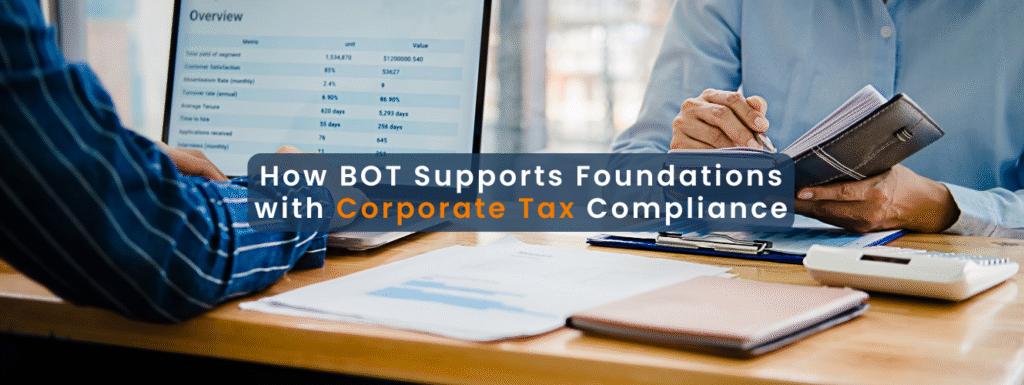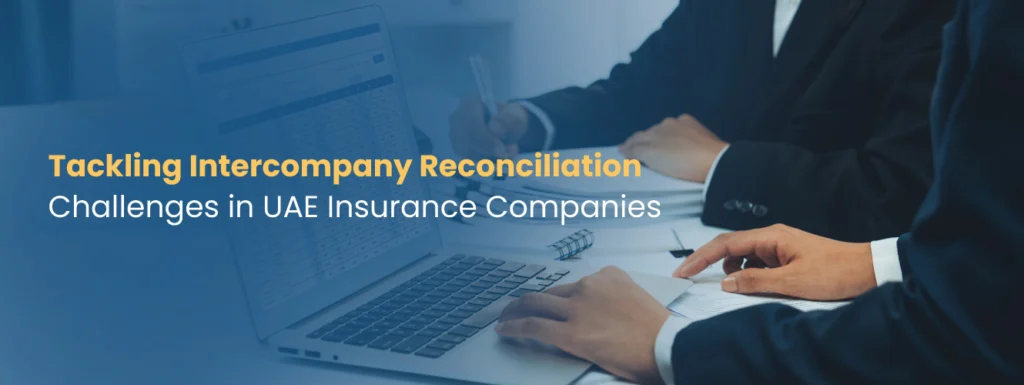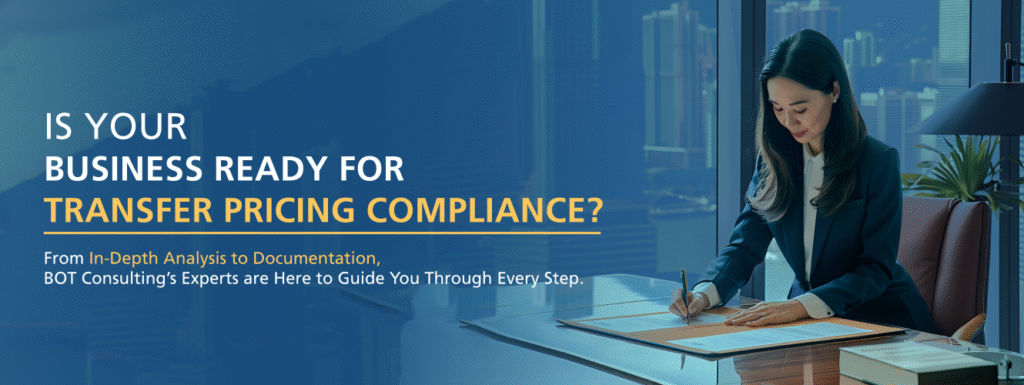Navigating UAE’s Personal Data Protection Law (PDPL): A Guide to Compliance for UAE Businesses UAE Personal Data Protection Law (PDPL) sets the foundation for how businesses handle personal data. If you operate in the UAE, complying with PDPL is not just essential—it’s mandatory. This guide breaks down what you need to know in 2025 and beyond.In today’s data-driven world, protecting personal data is crucial for maintaining trust, building strong business relationships, and avoiding regulatory pitfalls. Recognizing the growing need for data privacy, the UAE Cabinet implemented Federal Decree-Law No. 45 of 2021, the Personal Data Protection Law (PDPL), on November 28, 2021. This law establishes a comprehensive legal framework governing the collection, processing, storage, and transfer of personal data in the UAE, applicable to organizations that handle personal data of UAE citizens and residents, regardless of whether the data processing occurs inside or outside the UAE.PDPL compliance requires careful planning and proactive measures to ensure that personal data is collected and processed transparently, lawfully, and securely. Here’s a detailed guide for UAE-based businesses on PDPL compliance and how BOT Advisory can help organizations meet these rigorous standards. Key Compliance Requirements Under the UAE’s PDPL PDPL mandates several core actions for organizations handling personal data. Each step ensures that personal data is managed responsibly and transparently, empowering individuals with control over their information while providing robust safeguards Conducting a Data Mapping and Inventory Exercise A comprehensive data mapping exercise is foundational for effective data protection. This process identifies the types of personal data collected, how it flows within the organization, where it’s stored, and who has access to it. Conducting data mapping helps businesses understand their current data position, providing clarity on existing data retention and collection practices. This first step not only aligns with PDPL compliance but also enables the organization to establish a structured approach to data protection, with a clear view of data handling processes, storage locations, and potential vulnerabilities. Identify Legal Justifications for Data Processing The PDPL emphasizes that personal data must only be processed for legitimate, necessary purposes. Therefore, businesses must establish a lawful basis for processing personal data, with acceptable justifications including performance of a contract, legal compliance, protection of vital interests, or the pursuit of legitimate business interests. Organizations are required to document their legal grounds for data processing, ensuring that personal data is collected and used appropriately, without infringing on individuals’ privacy rights. Implement Consent Mechanisms Consent remains a cornerstone of PDPL compliance. If data processing relies on consent, it must be explicit, informed, and specific to the data’s intended purpose. Consent mechanisms should be robust, with language that is clear and accessible to ensure that individuals understand the data collection’s scope and purpose. Moreover, providing an easy method for individuals to withdraw consent at any time is essential for compliance. PDPL compliance requires that all consent procedures be regularly reviewed and updated to align with legal requirements, especially as business needs or data processing activities evolve. Ensure Secure Cross-Border Data Transfers PDPL permits cross-border data transfers, but only with prior approval from the UAE Data Office. Organizations transferring data to countries without adequate data protection laws must demonstrate that the destination provides an “adequate level of protection,” safeguarding personal data during and after transfer. Businesses engaging in international operations should assess their current cross-border data transfer policies, ensuring that they meet the PDPL’s requirements and mitigate potential risks associated with international data movement. Draft Comprehensive Privacy Notices Transparency is essential in building and maintaining trust with data subjects. Privacy notices must detail what personal data is being collected, how it will be used, and the purpose behind its processing. Clear, comprehensive privacy notices provide individuals with information about their data rights and outline how their data will be processed or shared. Effective privacy notices not only aid in compliance but also reassure customers and clients, showing that the organization respects their privacy and complies with regulatory standards. Conduct Data Protection Impact Assessments (DPIAs) When introducing new technologies or processes that affect personal data, organizations must conduct Data Protection Impact Assessments (DPIAs) to evaluate and mitigate potential risks. DPIAs help organizations identify vulnerabilities associated with specific data processing activities and take proactive steps to address them. Conducting DPIAs is essential for high-risk processing activities, especially when sensitive or large volumes of data are involved. Appoint a Data Protection Officer (DPO) Under the PDPL, businesses must designate a qualified Data Protection Officer (DPO) responsible for overseeing data protection efforts, ensuring regulatory compliance, and acting as a point of contact for data protection authorities. The DPO plays a critical role in establishing data privacy standards, monitoring compliance, and advising on privacy policies within the organizationEmploying a DPO reinforces the organization’s commitment to data privacy, safeguarding both the business and its clients. Respect Data Subject Rights PDPL grants individuals several rights over their data, including the right to access, rectify, delete, and restrict processing. Organizations are obligated to establish efficient processes to address these requests. Providing a seamless process for handling data subject requests ensures that individuals can exercise their rights without unnecessary complications, supporting the organization’s compliance with PDPL. Establish a Data Breach Management Protocol To prepare for potential data breaches, PDPL requires organizations to implement robust data breach management protocols. Businesses must have a comprehensive plan in place to notify the relevant authorities and affected individuals promptly in case of a breach. Timely responses to data breaches minimize the impact on individuals and protect the organization’s reputation. Maintain a Record of Processing Activities (ROPA) Inspired by the EU’s GDPR, PDPL mandates that organizations maintain a detailed Record of Processing Activities (ROPA), documenting every step in the data processing lifecycle. PDPL also extends this requirement by mandating that the details of individuals authorized to access personal data be included in the ROPA, emphasizing transparency and accountability within data handling. BOT Advisory’s PDPL Compliance Services BOT Consultancy provides a suite of compliance services to help UAE businesses align with PDPL standards efficiently and sustainably: Compliance Assessment: BOT Advisory’s experts




















